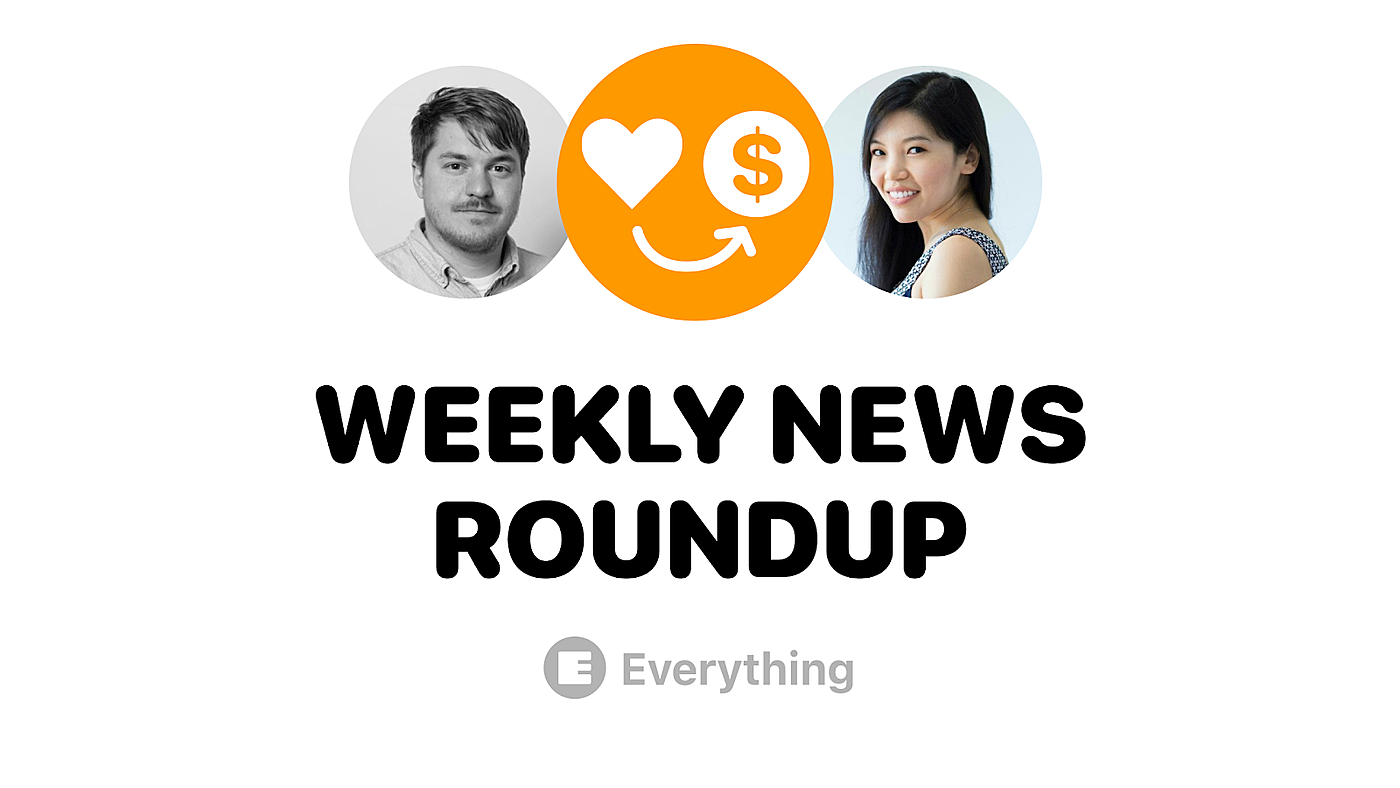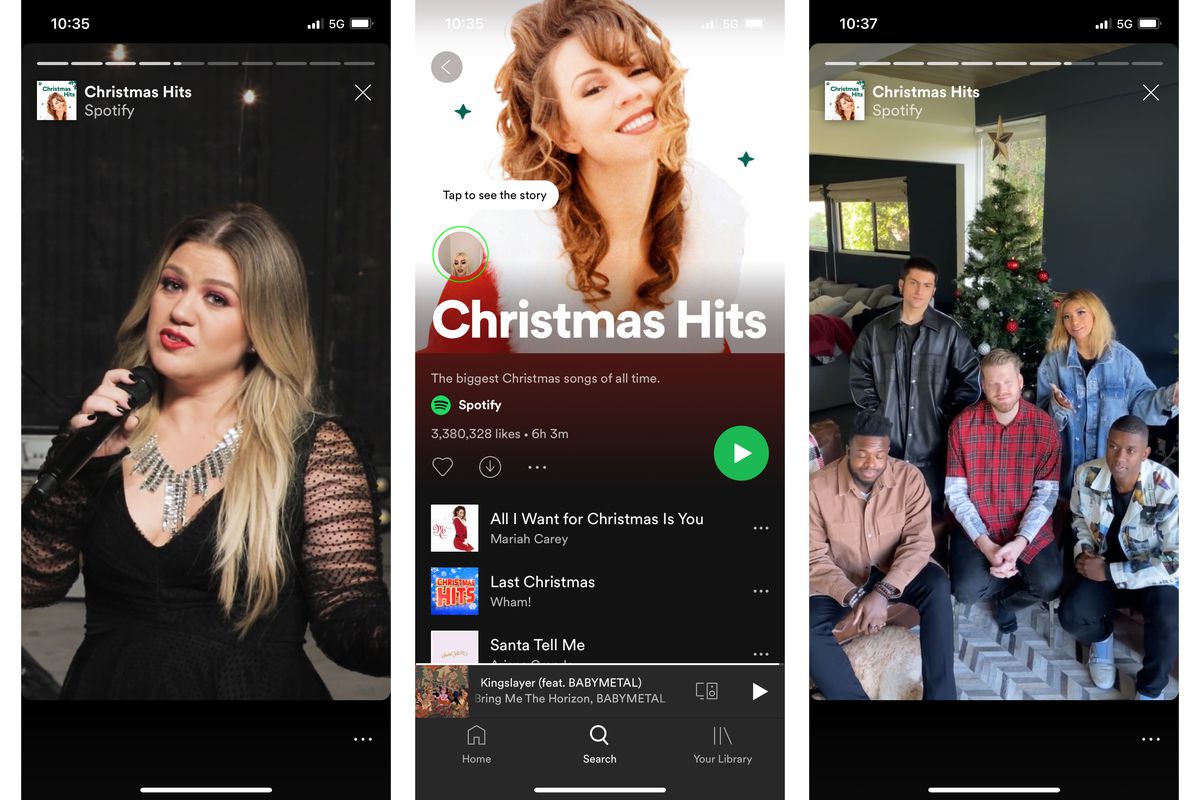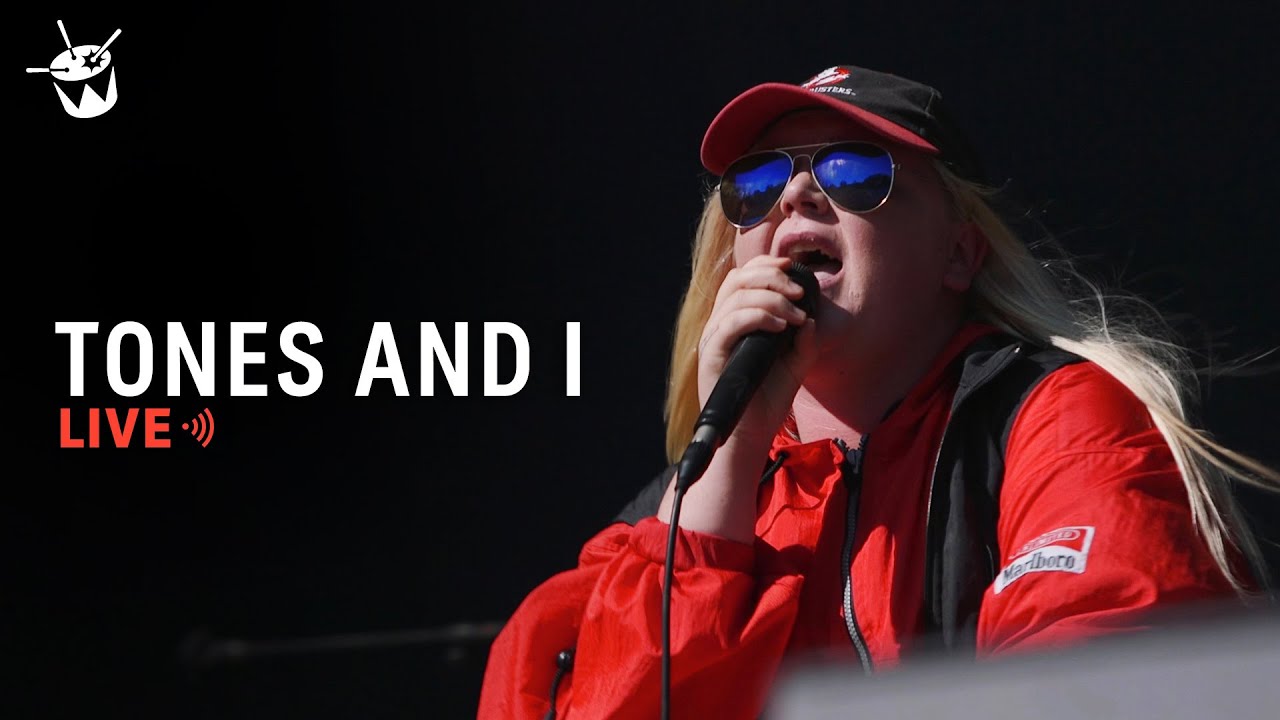
Welcome to Issue #11 of the Means of Creation weekly news roundup where we break down the latest news on the passion economy, including the happenings related to platforms, creators, startups, and trends.
Happy Thanksgiving!
We took a short breather for the live show for Thanksgiving, and we hope you did too!
If you’d like to revisit our previous episodes, you can find them on Apple Podcasts, Spotify, Overcast, Breaker or wherever you listen to podcasts, or on the Means of Creation YouTube Channel. And now for the news!
Chinese Government Issues Strict Live Streaming Guidelines
What Happened?
- Chinese regulatory authorities recently issued strict regulations governing live streaming.
- The rules include: user name and identity verification through facial recognition + manual verification, a cap on how much a viewer can tip, a ban on minors from tipping, and a mandate for platforms to have 1 human moderator per 50 livestreams.
👧 Li’s Take:
- Wow! This is pretty significant news, and will have major impacts on creators’ ability to monetize as well as platforms’ viability and business models.
- This statement from the National Radio and Television Administration about the ban is the most Chinese sentence I’ve ever read: “Live-streaming platforms should adhere to the direction of prioritizing social benefits; actively spread positive energy; demonstrate truth, goodness and beauty.”
- Why did China feel the need to impose the new regulations? A 2017 opinion piece that ran in the China Daily newspaper — owned by the Publicity Department of the Chinese Communist Party — provides clues:
“It may seem like it is a person's right to give their own money to the hosts of live streaming websites if that is what they want to do. After all, surely it is their decision whether to tip the hosts or not, and how much to tip if they do. However, it is not that simple.
As a matter of fact, these web shows and online games have similar features that lead to addiction. Of course the main responsibility for controlling their addiction falls upon each individual, but the platforms should also be put under scrutiny and not divorced from regulation and supervision. [...]
There should be some restrictions to make sure this income is obtained without violating the law or morality. However, the relevant departments and society, along with the parents of minors should also provide guidance so that people rationally participate in online entertainment activities and ensure such broadcasting is above board both morally and legally.”
- Notably, OnlyFans also recently introduced a limit to how much creators can charge—for instance, the ceiling for pay-per-view messages was capped at $100, down from $200; and a new maximum tip of $100 (previously unlimited).
- In older forms of content like television, there’s a seven-second delay between recording and publishing. This gives the FCC time to review for any profanity, bloopers or nudity. So it’s expected that some kind of content moderation develops for livestreamed UGC, which is currently the wild west of content.
- It will lead to a major impact on how creators are able to monetize, leading them to prioritize scale of audience over cultivating a base of superfans.
👦 Nathan’s Take
- Totally agree with Li that it will lead to changes for how creators monetize. It’s just like subscriptions vs advertising. Your content strategy depends on your business model.
- It makes sense that it would start in China because they are the most strict about content. Eventually, this will likely come to the U.S. as well.
- For example, if there is licensing around giving people haircuts, it’s likely that regulation will also be introduced in the creator economy. This is the new middle class, after all.
- The thing that seems most important to me is the 50:1 livestreams to moderator ratio. The cost to operate that would break their business model.
Spotify Tests Stories (Again)
What Happened?
- Spotify has been testing a Stories feature with big-name musicians on some of their popular playlists.
- They’ve conducted short-lived betas previously — letting influencers post stories to introduce their own playlists in January and testing a feature called Storyline in 2019.
👧 Li’s Take:
- My first thought (again): why???
- One of the reasons why there’s multiple social platforms is each is home to a different type of content: Twitter is more knowledge/information-based, Instagram is visual, LinkedIn is professional updates, etc. With the proliferation of Stories everywhere, content is becoming duplicated and shared everywhere. Last week, I saw the same exact picture of my friend’s dog in 3 places: IG, Twitter, and iMessage. As cute as the dog was, I didn’t want to see it so many times!
- Next up, will we see tools that help creators distribute their Stories to every platform that supports Stories? Perhaps we won’t need a Linktree because the content will be the same across every creator platform?
👦 Nathan’s Take
- Agreed: creators are taking the same content to multiple channels.
- There’s a reason why so many companies are adding stories: there’s a low cost to build it. When companies look at features to add, they consider the costs and benefits of those features. The cost of adding stories is super low: it’s easy to build, and you don’t have to make hard UI decisions because you can just add it to the top of the screen.
- Additionally, there’s a network effect with this feature. Users already know how to use them (from Snapchat, Instagram, etc.) so it’s easy to add them and quickly see adoption.
- Every app can, and will, tack on stories: it’s the new Like button.
Popgun Partners with Tones & I on Roblox
What Happened?
- AI music production startup Popgun is partnering with artist Tones & I through their new music creation app Splash.
- Splash is an app built by Popgun in the popular game platform Roblox that allows users to create music inside the game.
- The partnership includes the creation of a dedicated in-game venue in addition to a soundpack that allows creators to remix and perform samples from Tones & I’s catalog. Splash currently has 21 million users.
👧 Li’s Take:
- For much of history, creating music — like other art forms — required extensive skill and training. This product ties into the title of this newsletter: giving people the means to create something that had been hard to create before. Lots of successful platforms have used this recipe of democratizing creation: Instagram for photography, Substack (and before it, Medium, Xanga, Livejournal, Blogger, Wordpress, etc.) for blogging, etc. A big value prop of this tool is that it lowers the barriers to creating good music and enabling everyone to be a songwriter.
- However, I’m skeptical that the proliferation of music being created will be matched by consumer listening behavior. Data from Spotify shows us that there’s a power law to music listening: the top artists account for the vast majority of listening time. This dynamic is especially pronounced because of the ease of replaying songs that one loves. However, even if the music from Splash doesn’t get distributed, people will still want to create things for themselves and for friends & family.
👦 Nathan’s Take
- The fact that users have the opportunity to remix a song within a platform feels different to me than other in-game concerts like with Marshmellow or Travis Scott. Those felt skeuomorphic; this feels truly digitally native. Creating music by using samples from a popular artist inside a game isn’t really something you do in the physical world.
- As a kid, I remember playing around with GarageBand and FruityLoops. But there was always a difference between what I could make and what I heard on the radio. This bridges the gap for a (mostly) younger audience and I’d probably want to use it if I was a Roblox player.
ICYMI
- Vulture and NY Magazine Writer Hunter Harris Migrates to Substack (Link)
- Read: Former Creator Growth Exec at Twitch Shares Creator Economy Lessons (Link)
- Interview with Axel Springer SVP of Investments Reveals Media Acquisition Agenda (Link)
- Advice for newsletter-ers (Link)
Passion Economy Financings
- Unacademy, an Indian ed-tech platform that focuses on K-12 education, raised a funding round with speculative figures ranging from $75 to $100 million. The round was led by Tiger Global Management and Dragoneer Investment Group. The platform is currently valued at $2 billion. It hosts 47,000 educators from 5,000 cities teaching students in 14 languages.
- F3, an anonymous Q&A platform facilitated by short-form video content, raised $3.9 million as part of a funding round involving former musical.ly president Alex Hofmann. The platform is being built by the Latvian team that previously created Ask.fm.
How did you feel about this post?
We read every piece of feedback, so share anything that comes to mind!
The Only Subscription
You Need to
Stay at the
Edge of AI
The essential toolkit for those shaping the future
"This might be the best value you
can get from an AI subscription."
- Jay S.
Join 100,000+ leaders, builders, and innovators

Email address
Already have an account? Sign in
What is included in a subscription?
Daily insights from AI pioneers + early access to powerful AI tools











Comments
Don't have an account? Sign up!